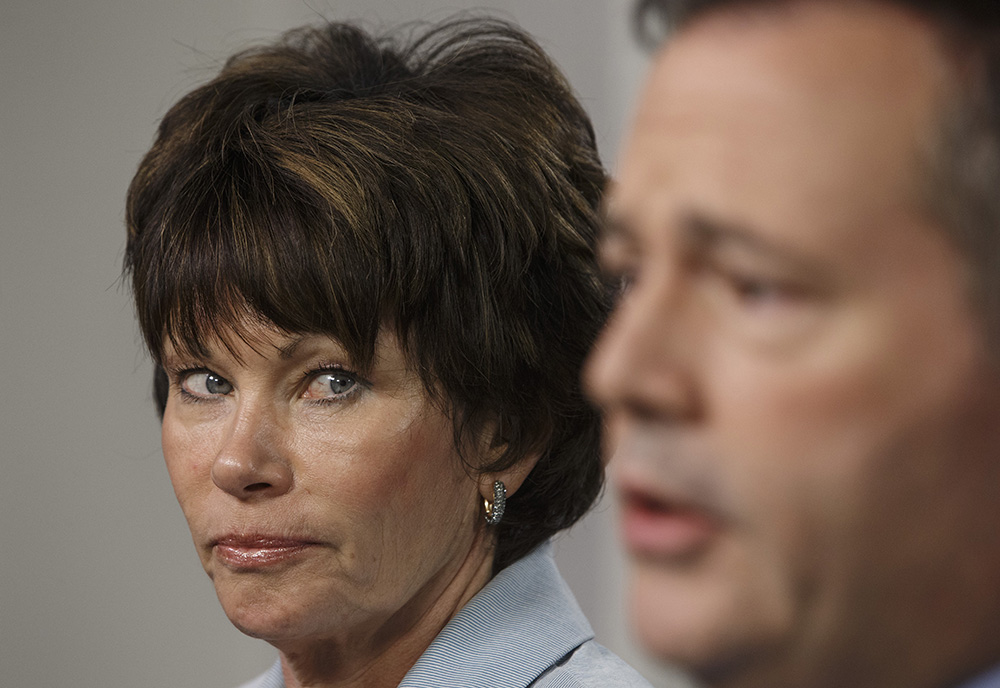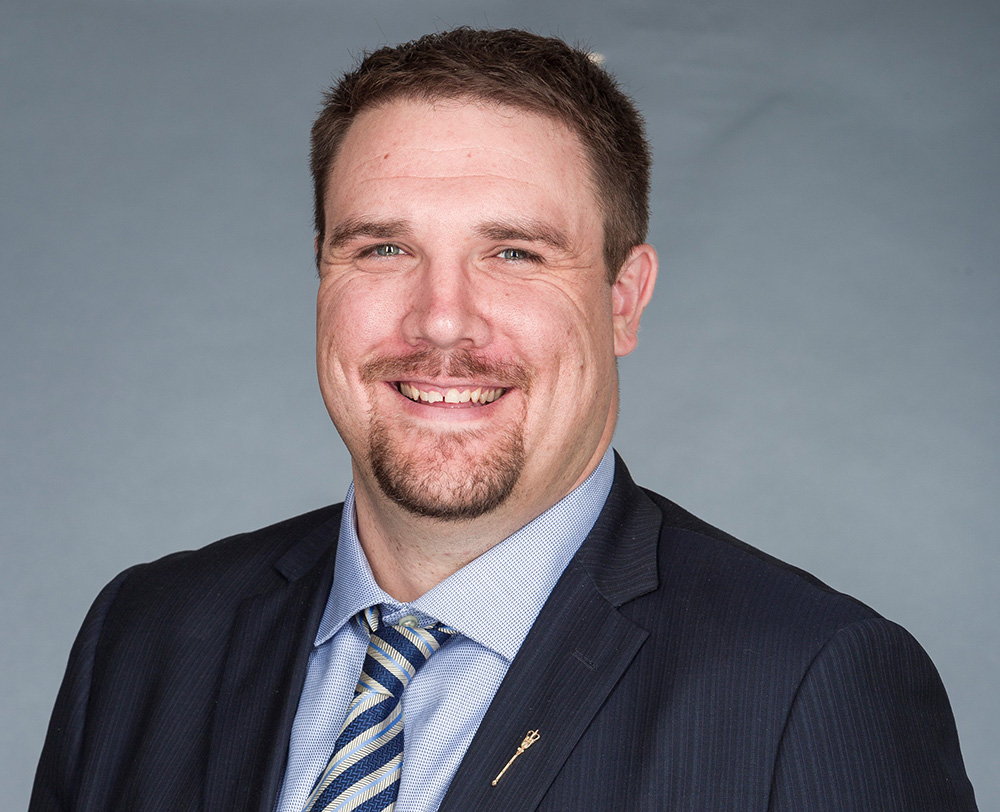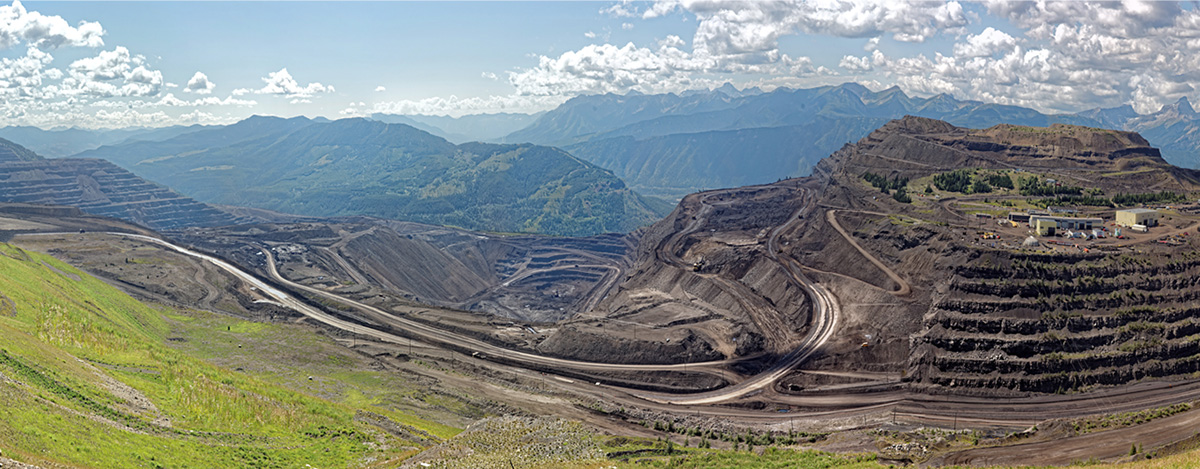Country star Corb Lund criticizes Alberta minister over coal application support
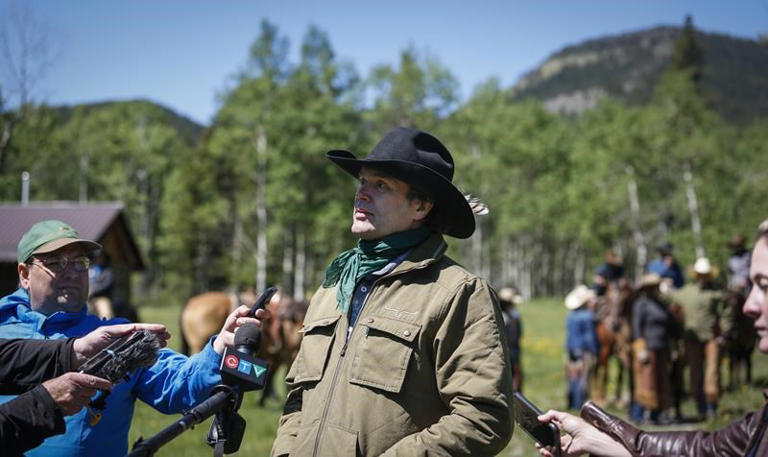
TABER, Alta. — An Alberta country music star is criticizing the province's energy minister for advising its energy regulator to accept initial applications for a coal mine project in the eastern slopes of the Rocky Mountains in southern Alberta.
Corb Lund says that after meeting with Energy Minister Brian Jean, he doesn't believe the minister knows enough about the issue.
"I met with Brian Jean to discuss the coal issue a couple of months ago. And I was alarmed by how little he knew," Lund said in an email to The Canadian Press.
"I knew more about the coal issue than he did, and I'm just a guitar player, not the minister of energy. It's chilling to me that ill-informed politicians are making decisions about our water."
On Thursday, the Alberta Energy Regulator said the Grassy Mountain steelmaking coal proposal near Crowsnest Pass should be considered an advanced project and be exempt from a ministerial order banning coal development in the mountains.
The regulator reached the decision after receiving a letter from Jean in support of considering the applications.
The regulator says it will hold public hearings on mine proponent Northback's request for exploration permits and a water licence.
In a statement on Saturday, Jean said there's a difference between applying for a drilling permit and a permit being approved, pointing out the application has not been approved.
The provincial energy regulator is independent, and its officials are "the correct people to make this technical decision," he added.
“I consult widely with lots of Albertans on lots of issues. I took the time to speak with Corb and I asked him many questions to get his perspective on this issue. It’s disappointing that he feels this way," Jean said.
Lund, a longtime vocal opponent of coal mining in the eastern slopes, says review panels and governments have already turned down the project and polling has shown the public doesn't support it.
"How many times do Albertans have to say no to these foreign coal companies?" he wrote.
"The joint review panel already firmly told them no, at both the provincial and federal levels — and their appeal was denied after that. Public polling has shown over and over that the vast majority of Albertans don't want these coal mines."
He said southern Alberta can't support another significant water user.
"We're dealing with crippling drought."
Jean countered that the proposal, if approved, would not use any water from any river or stream in the foothills, and would instead use water from the existing coal mine lake on the property.
"Alberta’s government is serious about protecting water. Rules on water use and water treatment will be a big part of the land-use planning which is being prepared for the foothills," he said.
While the community of Crowsnest Pass strongly supports the mine, environmental groups have said they're considering a court challenge of the decision to exempt the applications from a ministerial order banning coal development along the eastern slopes of the Rockies.
Lund lives in the southern Alberta community of Taber.
He has released 11 albums and tours regularly in Canada, the United States and Australia. He has been nominated for five Juno Awards, winning once, and has received several nods for Group of the Year from the Canadian Country Music Association.
Jean said advanced coal projects are allowed to make applications under the 2022 ministerial order. Four projects were told in 2022 that they qualified as advanced coal projects, he said.
— By Bob Weber in Edmonton
This report by The Canadian Press was first published Feb. 24, 2024.
The Canadian Press
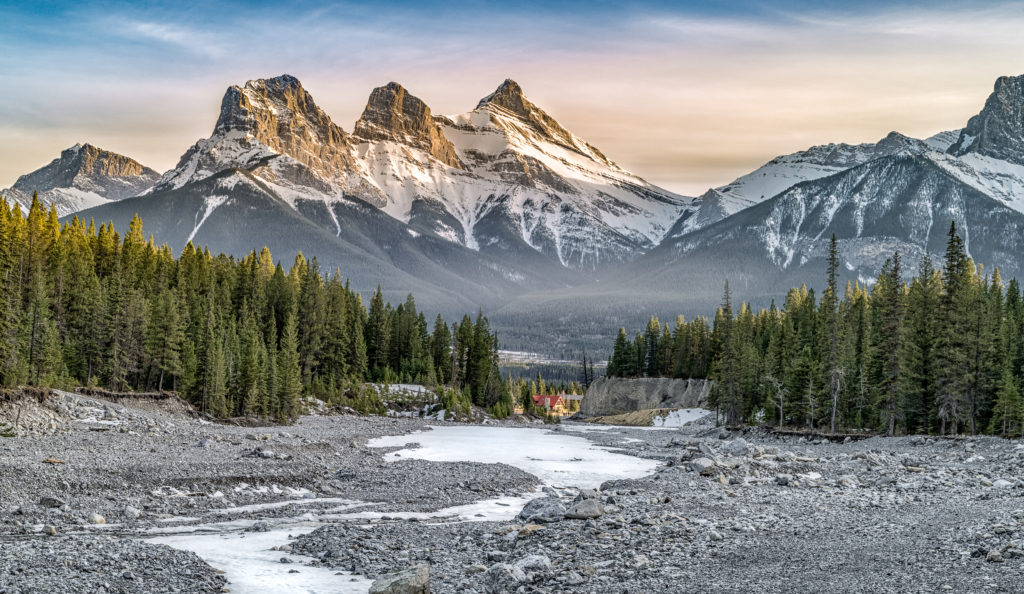

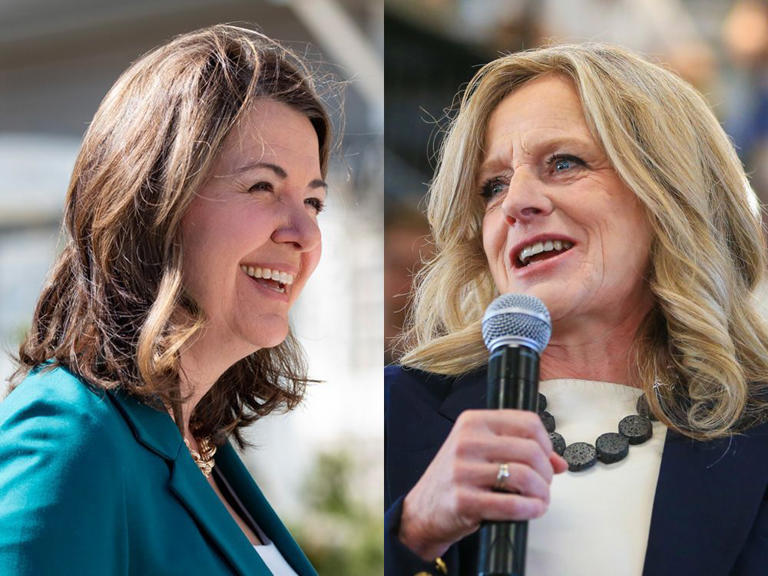
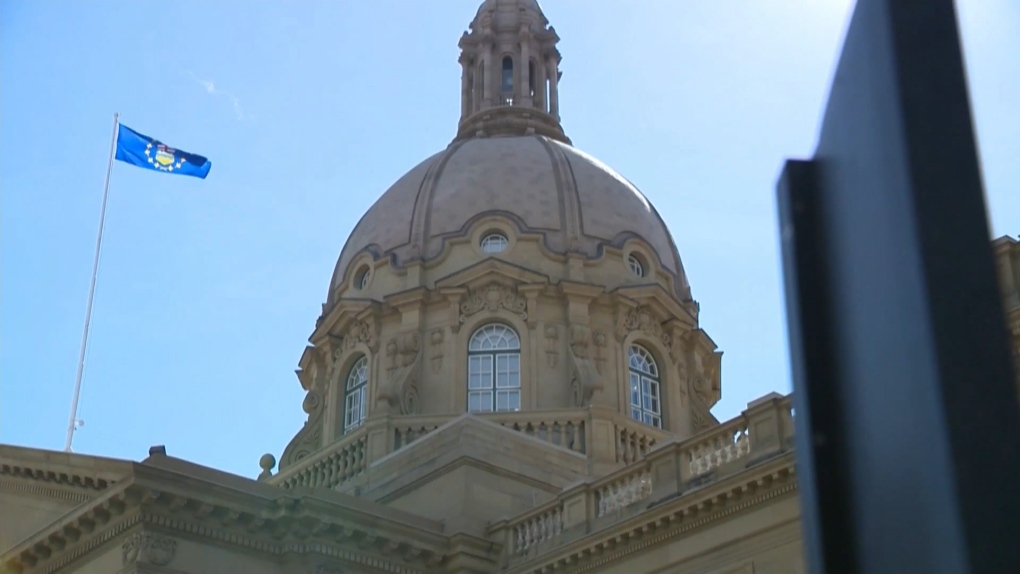
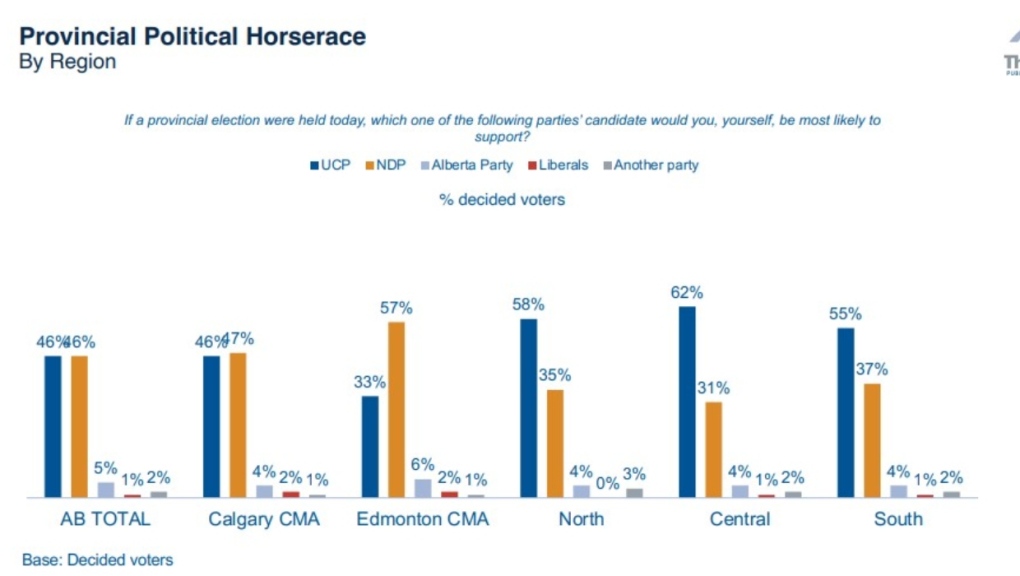
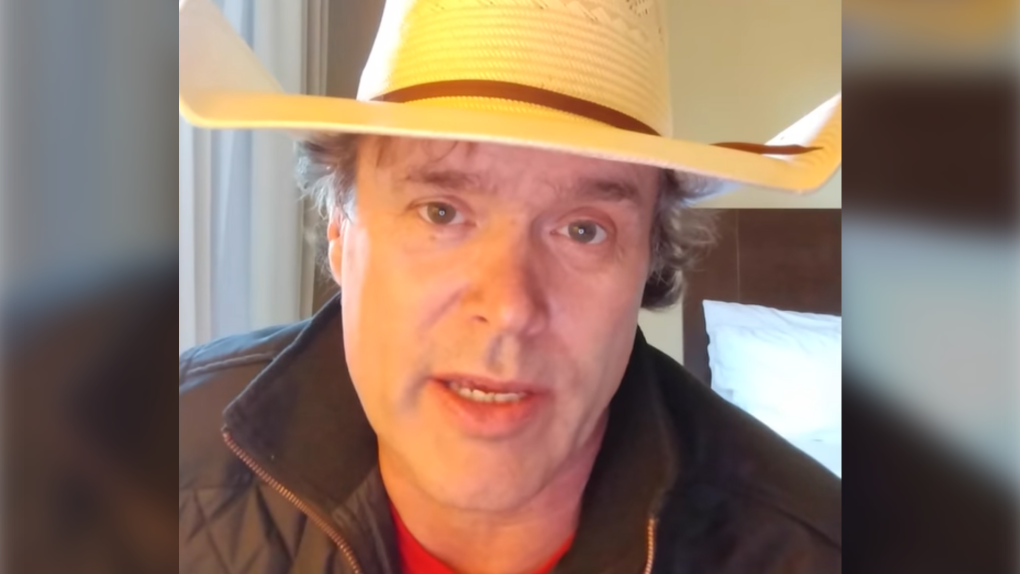

/https://www.thestar.com/content/dam/thestar/news/canada/2021/08/15/how-his-plan-to-open-the-canadian-rockies-to-coal-mining-set-albertas-jason-kenney-against-country-music-stars/_1_corb_lund.jpg)
/https://www.thestar.com/content/dam/thestar/news/canada/2021/08/15/how-his-plan-to-open-the-canadian-rockies-to-coal-mining-set-albertas-jason-kenney-against-country-music-stars/paul_brandt.jpg)
/https://www.thestar.com/content/dam/thestar/news/canada/2021/08/15/how-his-plan-to-open-the-canadian-rockies-to-coal-mining-set-albertas-jason-kenney-against-country-music-stars/jason_kenney_2021_stampede.jpg)
/https://www.thestar.com/content/dam/thestar/news/canada/2021/08/15/how-his-plan-to-open-the-canadian-rockies-to-coal-mining-set-albertas-jason-kenney-against-country-music-stars/brett_kissel.jpg)





